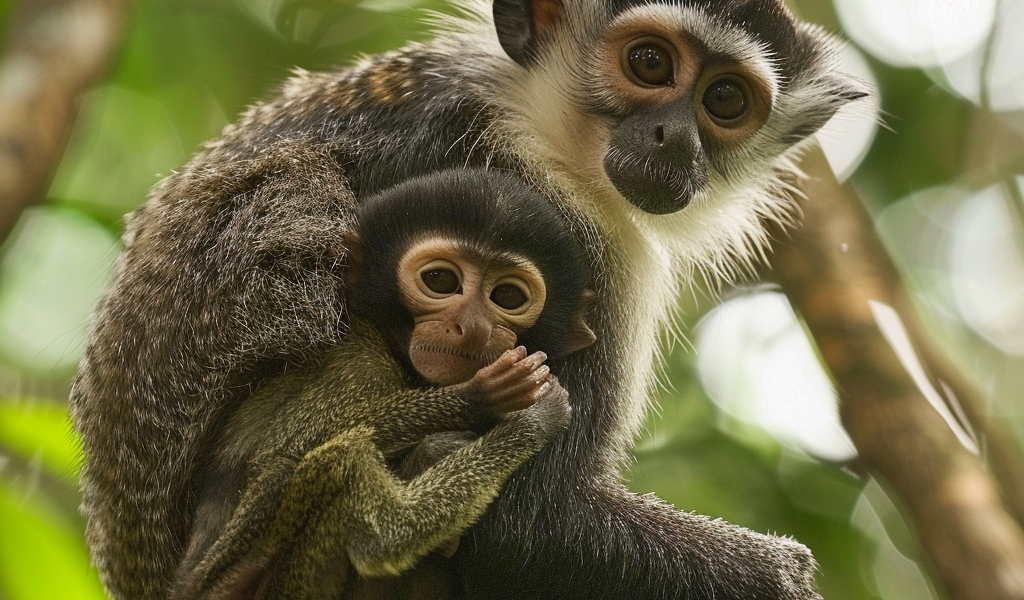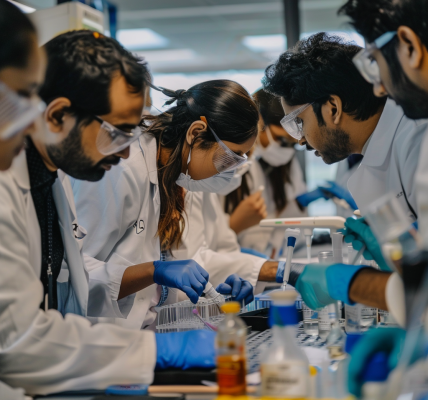A new mathematical model has been developed shedding light on the absence of breastfeeding in male mammals. According to this novel theory proposed by mathematicians, being nursed by a single parent could serve as an evolutionary strategy to control the spread of harmful microbes in mammals.
Among primates, owl monkey fathers stand out as exceptional caregivers, taking on the primary role in caring for their offspring and only passing them back to female partners for nursing. In the dense rainforest canopies of Malaysia, a unique case exists where the Dayak fruit bat, a male mammal, produces milk, despite the potential for breastfeeding in most male mammals.
Historically, evolutionary theorists suggested that the lack of lactation in males could be linked to the uncertainty of paternity. Male mammals, not certain of biological fatherhood, may lack the evolutionary drive to heavily invest in offspring care, including breastfeeding.
Recently, mathematicians from the University of York proposed an alternative perspective. Their hypothesis, published in Nature Communications, proposes that male mammals’ avoidance of breastfeeding could be influenced by the diverse community of microbes present in breast milk. These microbes play a crucial role in establishing the infant’s gut microbiome.
The theory suggests that the transmission of the milk microbiome from both parents could facilitate the spread of harmful microbes within mammalian populations. Maternal-only lactation acts as a filter, limiting the transmission of harmful microbes to females, thus retaining only beneficial microbes.
Dr. George Constable, one of the study’s authors from the University of York’s Department of Mathematics, expressed fascination with the topic, particularly citing Azara’s owl monkeys. These primates challenge previous assumptions as the males are highly involved in childcare, with only the nursing aspect left to the females.
When both parents participate in feeding, the likelihood of microbial transmission is doubled, potentially leading to the spread of harmful microbes. This theory suggests that the avoidance of male lactation could also be driven by the selection pressure against transmitting harmful microbes through breast milk.
The study highlights the complex ecosystem surrounding breastfeeding in mammals and offers a fresh perspective on the evolutionary dynamics of parental care and microbial transmission in mammalian populations.





